The Signature I Didn’t Want to Give
This article was originally written in Japanese for the Evohome Blog.
We share it here in English to introduce the reality of northern craftsmanship — honest work, cold winters, and a bit of stubborn humor.
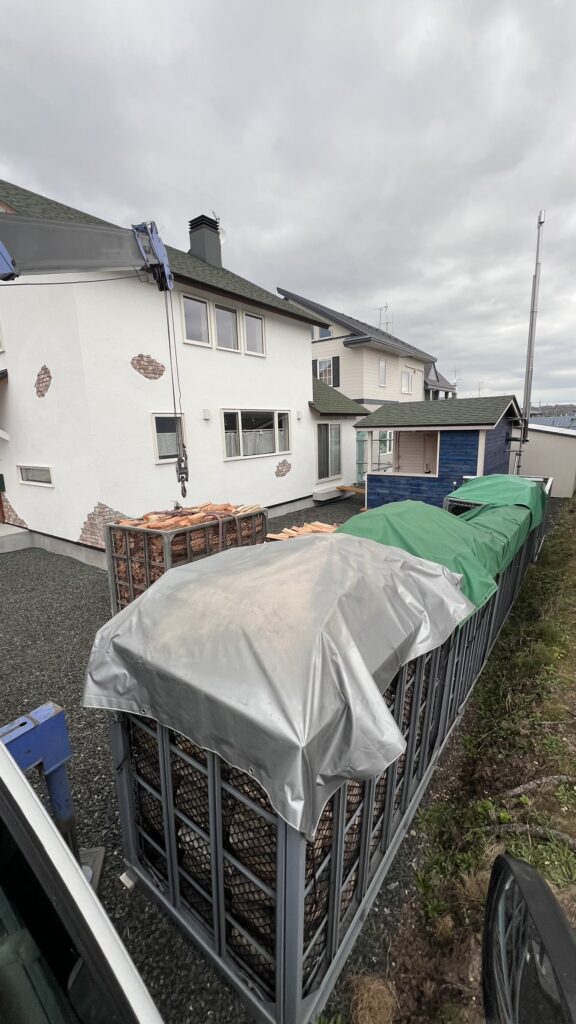
Delivering firewood every single day.
Honestly… I’m getting tired of it. (laughs)
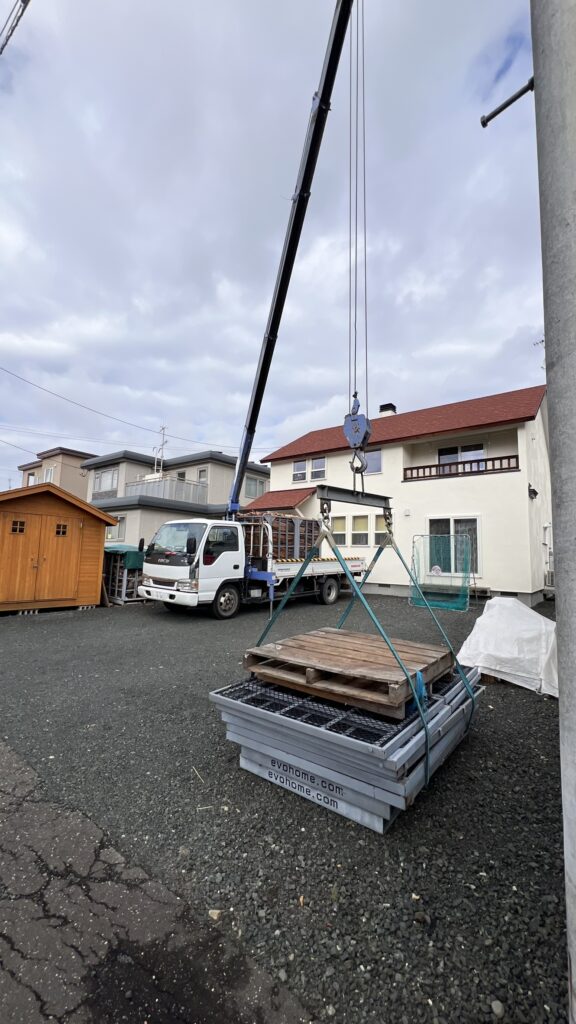
I drop off a full container of firewood and take back the empty one.
Some kind owners neatly fold the containers in a different spot and even stack the wooden pallets from the oak firewood—like in the photo.
Others, not so much. They fold them right where the next full container needs to go.
Unless I move them first, there’s no place to drop the new one off — which is a huge hassle.
In the worst cases, the containers aren’t even folded, and the wooden pallets are scattered all over.
At this point, I don’t even bother complaining. I just clean up quietly and move on.
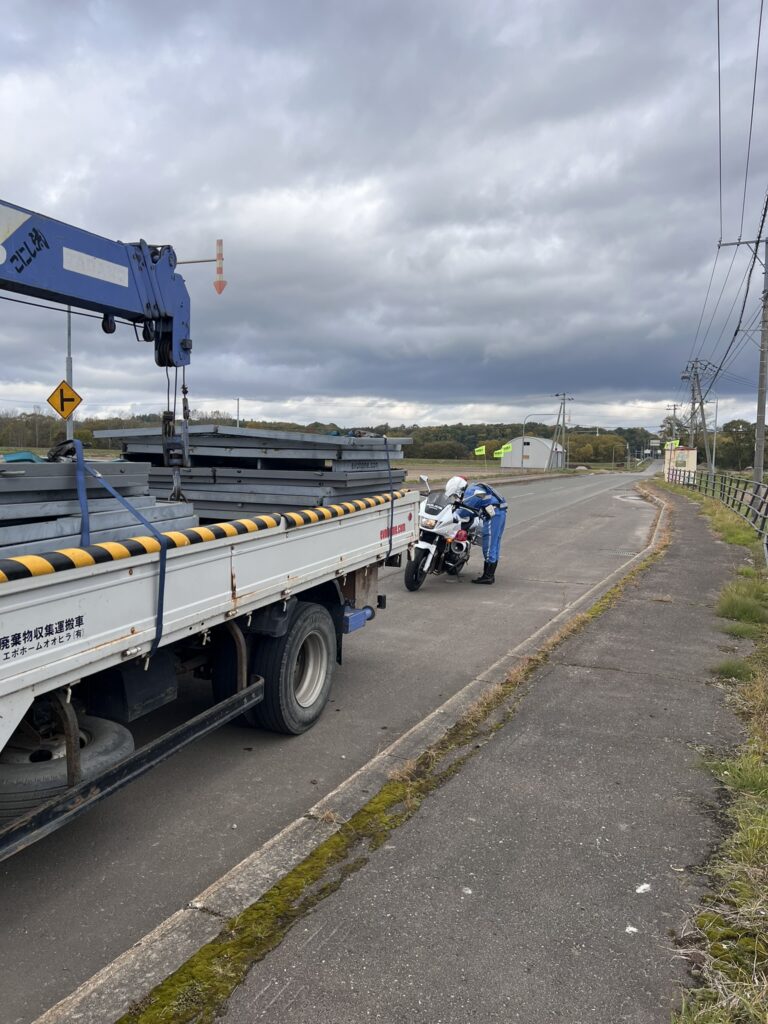
While driving back and forth between the farm that produces our firewood, I got stopped — and was asked for a signature.
The perfect example of “dirty enforcement.”
With methods like this, there’s zero chance anyone will ever develop a sense of safe driving or accident prevention.
It pisses me off, but I don’t have time to argue. They’re just desperate to hit their quotas, so fine — I’ll sign your stupid ticket.
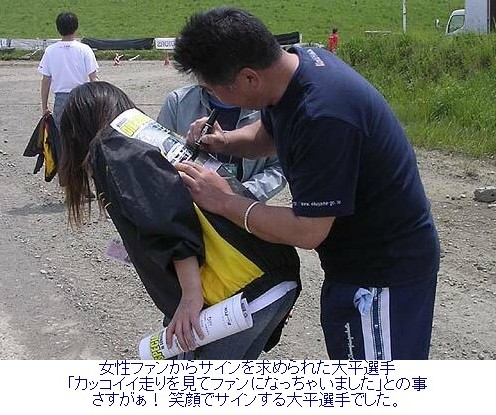
Found this recently during my favorite pastime — ego-searching.
About 20 years ago, I used to sign things like this myself. (laughs)
Now when I look online, I sometimes find desperate competitors posting fake reviews saying, “He never shows up for aftercare.” It’s almost touching how hard they try.
As you probably know, Japan introduced the “Revised Provider Liability Limitation Act” in 2022, which allows us to identify online defamers. I already know who some of them are — but chasing them all would never end.
I won’t link it here, but lately one of them even caused a stir online due to “royal family connections.”
Anyway, it’s always the same — bitter old builders from rural Hokkaido, barking from the shadows. Pathetic, really.
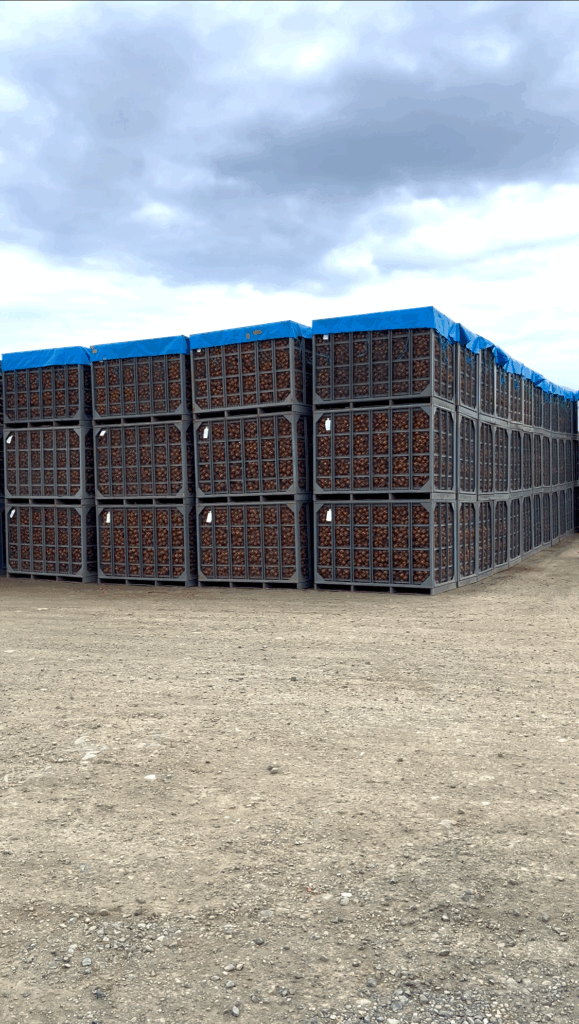
Without foreign workers, we couldn’t produce onions — or firewood.
The farmer who supplies us every year runs both agriculture and forestry.
In a normal year, they fill around 1,500 onion containers. But this year, due to the warmer weather, they only managed about 1,000 — mostly small onions.
The company has just four employees, including the president himself.
The rest — all foreign workers. About ten of them come from the Philippines, Vietnam, and China. From April to October, they grow onions in the fields. In winter, they split logs from forestry into firewood.
They told me, “If the foreign workers left, everything would stop.”
And they’re right. By law, most of them must return home after three years. Even if they pass the skill exams, only a few can extend for two more. The pass rate is nearly zero.
By the time they’ve finally mastered the work, they have to go back. And those who think there’s a subsidy — forget it. The initial costs and fees eat it all up. If they go home homesick, they’re often in debt.
Without them, Japan wouldn’t have onions — or firewood.
“Japan First” — sure, as a slogan, it sounds fine.
But as long as Japanese people sit behind laptops, pretending to “feel like they’re working,” it’s a fantasy.
I have one hope: that when AI takes away white-collar jobs, all those “atmosphere elites” — the useless ones who only look busy — will be forced to grow onions and split firewood.
That’s when the real meaning of ‘Japan First’ will finally begin.

